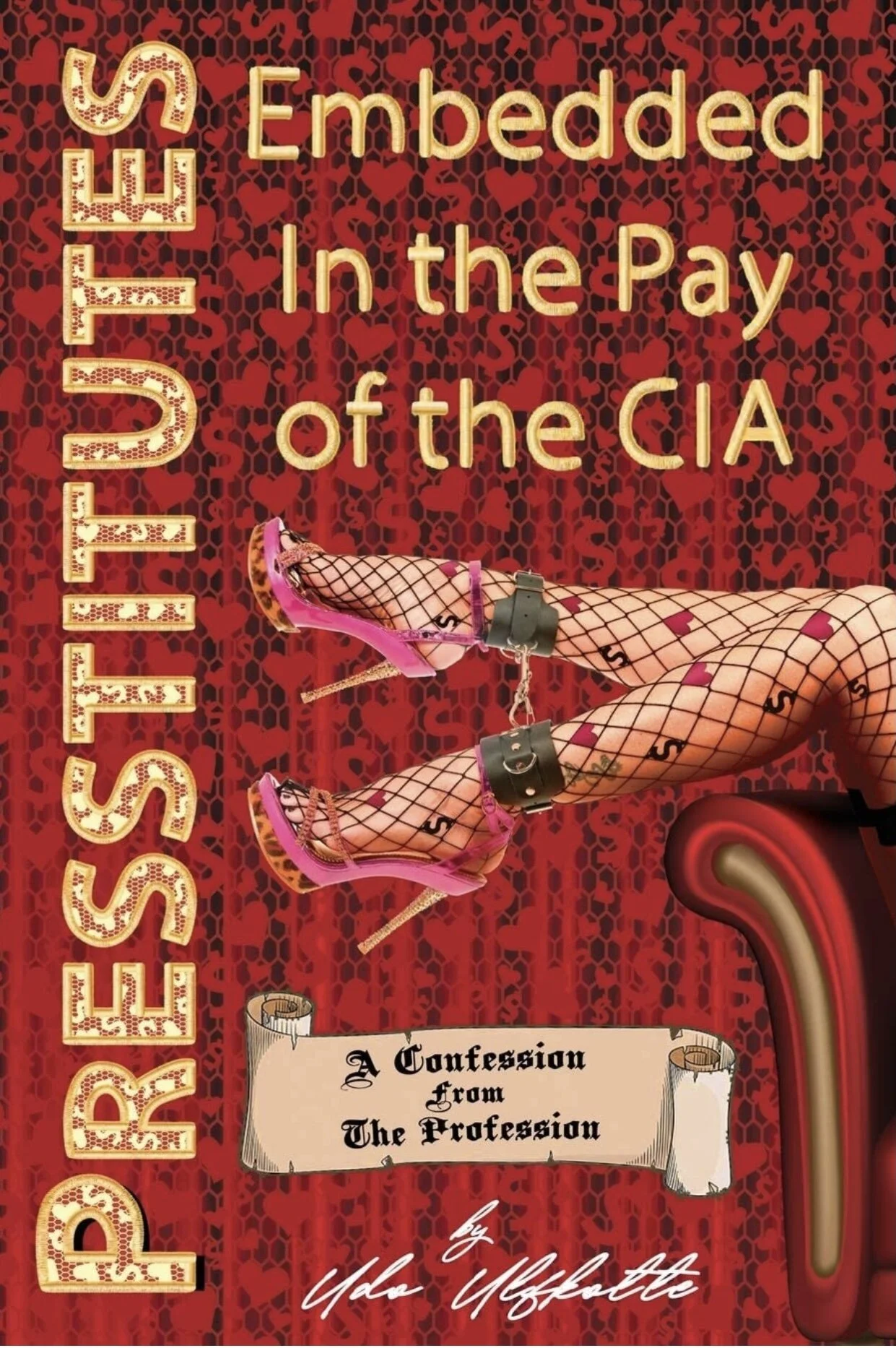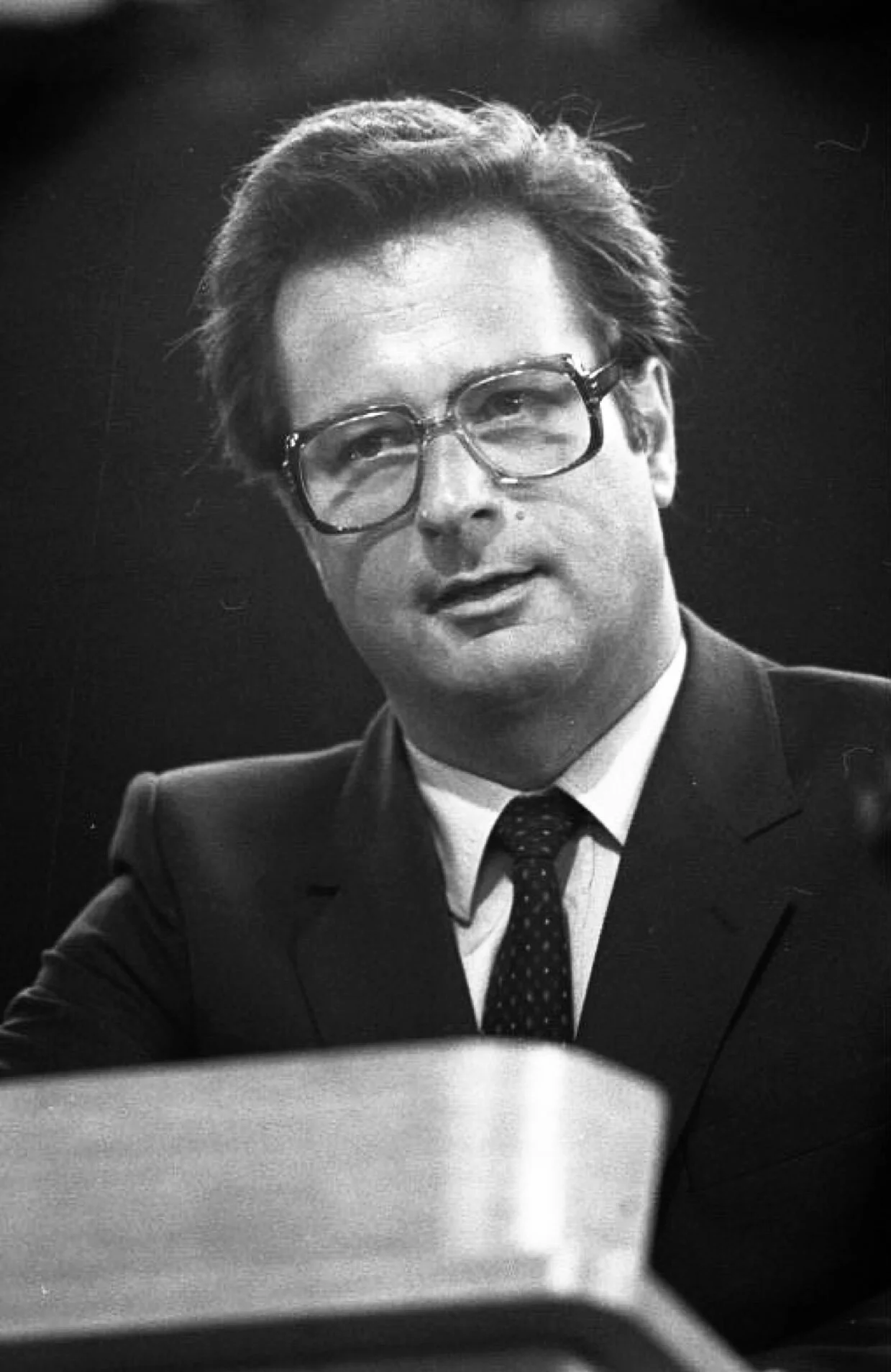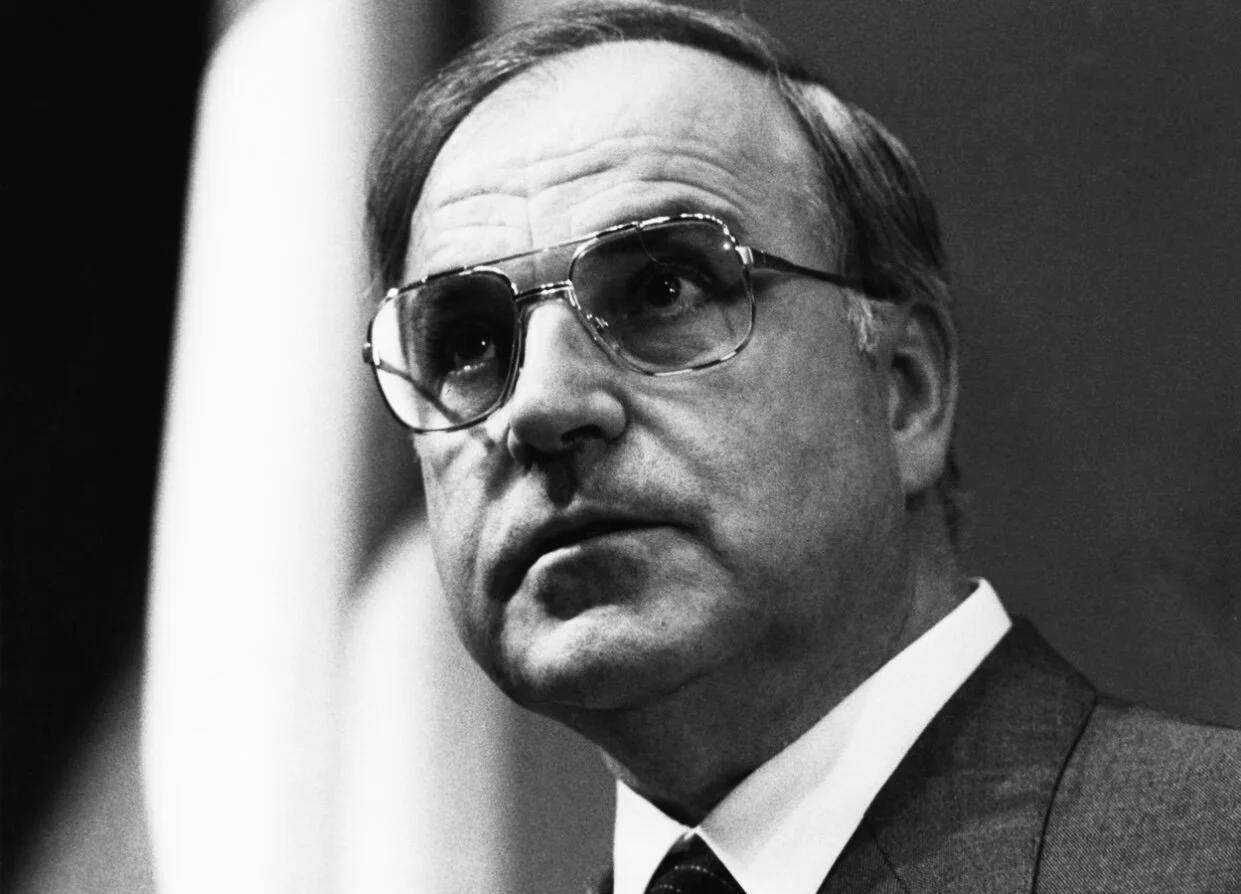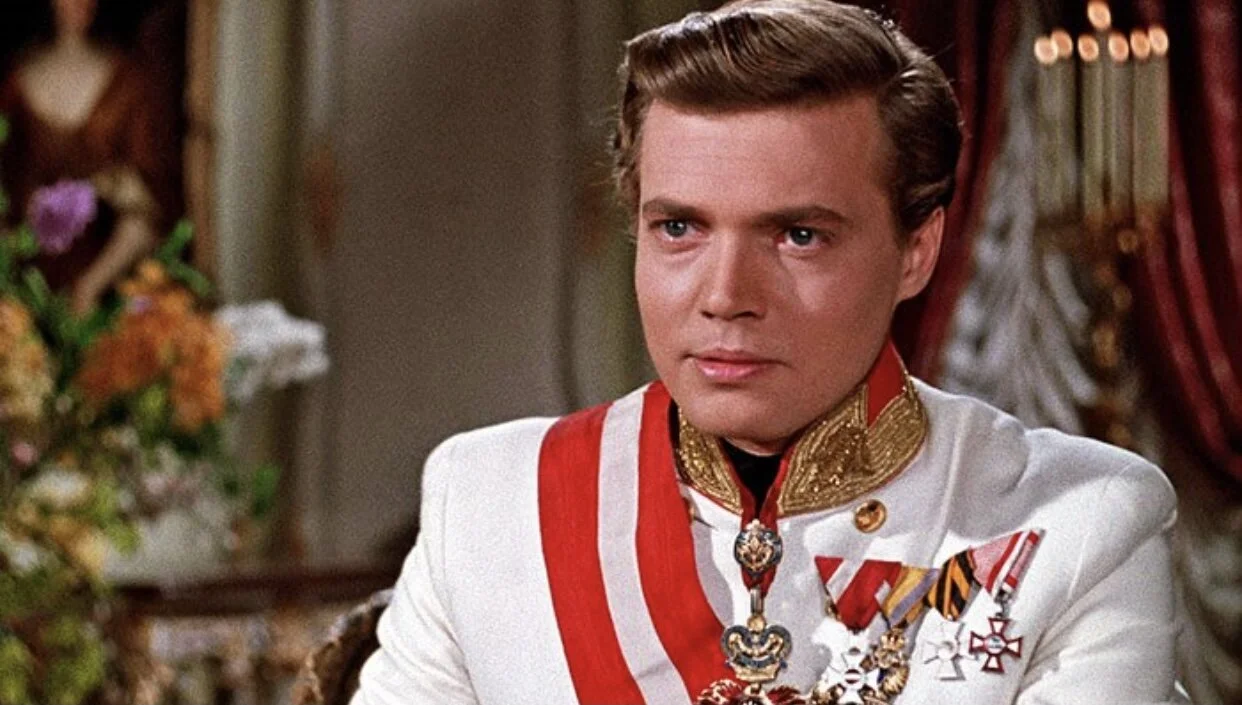There some information below about horrific animal abuse but I think it’s important for people to understand that there is a pattern with certain “elites” who commit torture and then they eat victims of that torture. If our present leaders - the ones who have lock step ordered the world into house arrest, financial ruin and frequently lethal injections - if “elite” practitioners of torture are our “leaders” then we absolutely must get to the bottom of that.
The text below is continued from here.
Of course, the embassy had an influence on our writing. Especially on the stories that were never meant to be written truthfully. I'm reminded of a dinner I had with German diplomats in Baghdad. I can't remember if it was at the ambassador's house or at another top diplomat's. From the neighboring property, I could hear horrifying voices, a heart-wrenching wail. I wanted to know what was going on and I found out that an Asian diplomat lived behind the wall of the neighboring property. He liked to eat dog and behind the wall, which was between the properties, he had the dogs slaughtered slowly, while they were still alive.
First, they would cut off their legs, then their tail and their head. Supposedly, an agonizing death makes the meat taste better, at least that's what this Asian believed.
The German diplomats begged me not to mention this in my reports from Baghdad. It could harm our relationship with that country. Looking the other way when animals are being tortured? It was horrible.
Accompanying German politicians on international trips was just as bad. There were folders with language rules for every conceivable situation. If you were lazy, all you had to do was copy a few of the pre-formulated clichés and pepper it with a few of your own impressions from the surroundings.
That made everybody happy.
It had nothing to do with honest journalism. It was more about feeding the people a line of BS – and if you did it, you would always make the short list for the next round of journalism awards. It didn't matter whether I was working for 17 years of my previous life at the FAZ or afterwards as a correspondent for Grüner + Jahr, for the ddp news agency, the Axel Springer publishing house, or for television stations and many other well-known media companies – I usually experienced the same thinking at the management level: Only the others are corrupt and indecent. Once again: Confessing my own mistakes doesn't make it any better, but hopefully the younger generation will be able to learn from my mistakes.
Without thinking, I would jump at the chance to fly with the former head of the German Federal Intelligence Service, Klaus Kinkel, at the time when he was the acting Minister of Foreign Affairs.
Klaus Kinkel
Together with a colleague from the German Press Agency (DPA) in a small luxury jet owned by the German government, I was brimming with pride at being this close to him and I reported positively about it afterwards.
I also did this noble court reporting for Helmut Kohl and many other politicians.
Helmut Kohl
In retrospect, I am ashamed, and I apologize for this. I can't undo it, but I can own up to it.
As I briefly mentioned, while travelling along with a group of top German politicians in Africa, I once got to visit Karlheinz Böhm (the actor who played Emperor Franz Josef in the "Sissi" movies). At the time, if I would have told the truth, I would have written that this visit to see Böhm and his aid projects was just a “PR gag" in the eyes of the politicians.
They were only there to get a group photo that would look good in the eyes of the German voters, standing next to a respected actor, surrounded by black children.
As soon as these politicians had their photos, Karlheinz Böhm and the African children were completely meaningless. Böhm was just a political prop – just like so many others. For my part, just like in so many other situations, I didn’t describe the encounter truthfully. I was, as often is the case, also corrupted by my proximity to power.
Seriously: How sincere can someone be when they can fly into the hot highlands of Ethiopia from their 5-star hotel in the capital, Addis Ababa, in the comfort of an air-conditioned helicopter? When they only have enough time for a quick interview on poverty with an actor turned philanthropist before they have to fly back to their 5-star, air-conditioned hotel?
When they can write that article about Ethiopian poverty sitting at a luxury buffet – while people all around them are starving? When I traveled with presidents, chancellors or ministers, I didn't get checked at the borders. When we landed on the military airfield of the Cologne/Bonn airport, customs looked the other way.
Everybody knew it, we even expected it. Many took advantage of it. Even the politicians, even the ministers. People found out about this double standard through the "Carpet Affair," (where Spiegel reported on how Dirk Niebel, the Minister for Economic Cooperation and Development, bought a $1,400/30kg Persian carpet in Kabul when he was flying on a commercial airline, so he left it at the German embassy for another diplomat to bring back on a government aircraft).
Many, too many, simply thought it was normal to either skip paying customs duties on the luxury goods they brought back from trips or they would have them delivered discretely as I just mentioned. I can remember a colleague from a high-circulation newspaper who even brought back a completely disassembled, used Harley Davidson when he flew back from a business trip to the USA with the German Air Force. He sold the parts in Germany and made a few thousand in profit.
This is called tax evasion and the German taxpayers also financed his transport costs through the German Air Force. Many of us were criminals. The worst part: This mutual knowledge created an invisible bond between politicians and journalists.
After the fact, a journalist described in his blog everything you needed to do when you were traveling with a top German politician, say the German Chancellor, and you knew you were going to get checked:
The Peruvians also gave us a tip where we could buy burial objects from the Inca culture. The archaeologist told us that they came from grave robbers and were very valuable. A colleague and I drove to a house on the edge of town and bought (illegally) a headdress (250 dollars) and a piece of a burial shroud. Exporting it was the easy part, because the luggage of anyone accompanying the Chancellor wouldn't be inspected.
All of that took place well over a decade ago, but I can provide the names of many colleagues who still do this. I don't blame them. After all I used to take part in this depraved system myself. With any luck, I might get them to think about what they're doing and encourage them to change their ways.
Perhaps they'll never admit to it openly, so I will make it very clear: The direction of the bias found in articles and editorials is definitely influenced by a close contact to elites as I describe it in this book.
Therefore., what I'm talking about doesn't have anything to do with independent and non-partisan journalism. Another example: After the former Chancellor Helmut Kohl stopped by the FAZ's Frankfurt offices to have confidential discussions with the chief political editors at the time, Johann Georg Reißmüller and Fritz Ullrich Fack, all of us on the editorial staff were proud to have had such a "distinguished guest" in our offices.
The idea that this proximity could also corrupt us never crossed our minds. On the contrary, we wanted to be able to command the same respect from these elites. Some, like the FAZ man Frankenberger, managed to achieve this, but at what price? We are going to examine this question in more detail.
Klaus-Dieter Frankenberger
The former editor-in-chief and media consultant Michael Spreng writes about Kohl and his relationship with journalists: It is well known that Helmut Kohl only knew two types of people: those who were with him and those who were against him.
That is how he also classified journalists. His relationship to press freedom was purely instrumental: A good journalist was the one who allowed himself to de instrumentalized.
Michael Spreng writes:
“Those of us - like me – who had a certain underlying sympathy toward him were quickly appropriated as "Kohlians" and had to follow him unconditionally."
I would've never believed a word of that back when Kohl came to visit Reißmüller and Fack in the editorial offices, but that's really how it was. Kohl was instrumentalizing Fack and Reißmüller at the FAZ for his own objectives.
Today, other journalists are being instrumentalized by other politicians – and maybe they don't even notice it or don't want to.





